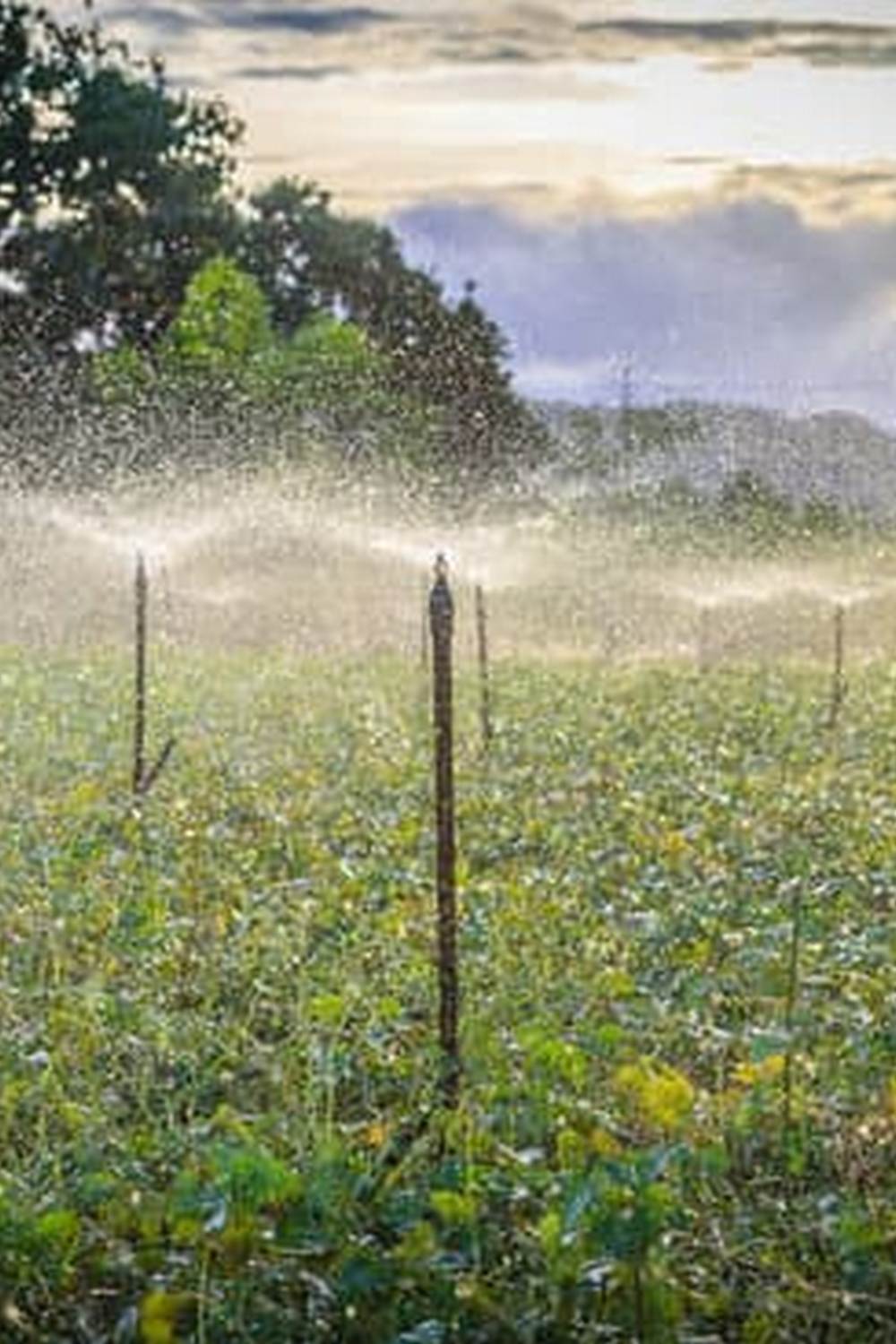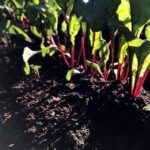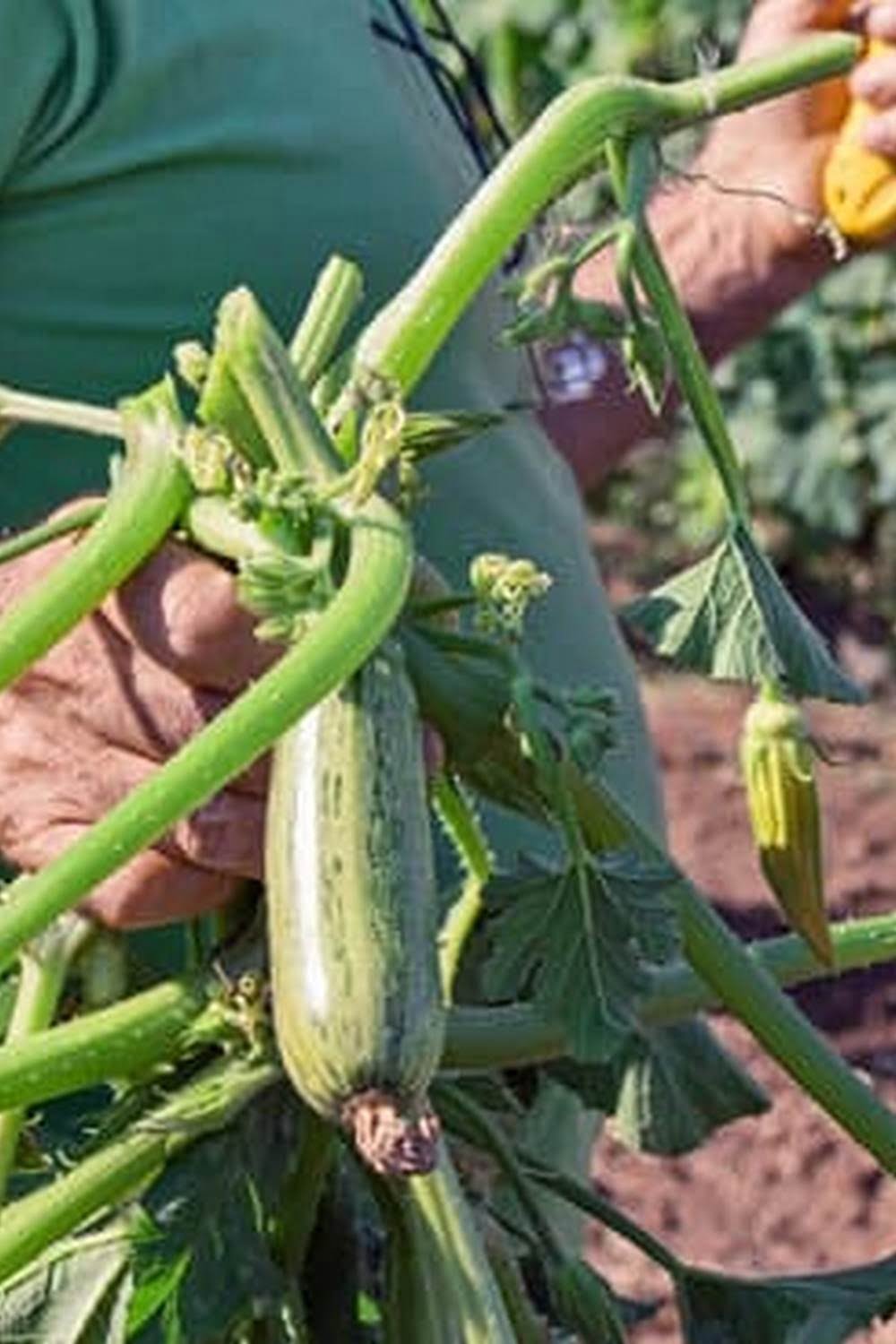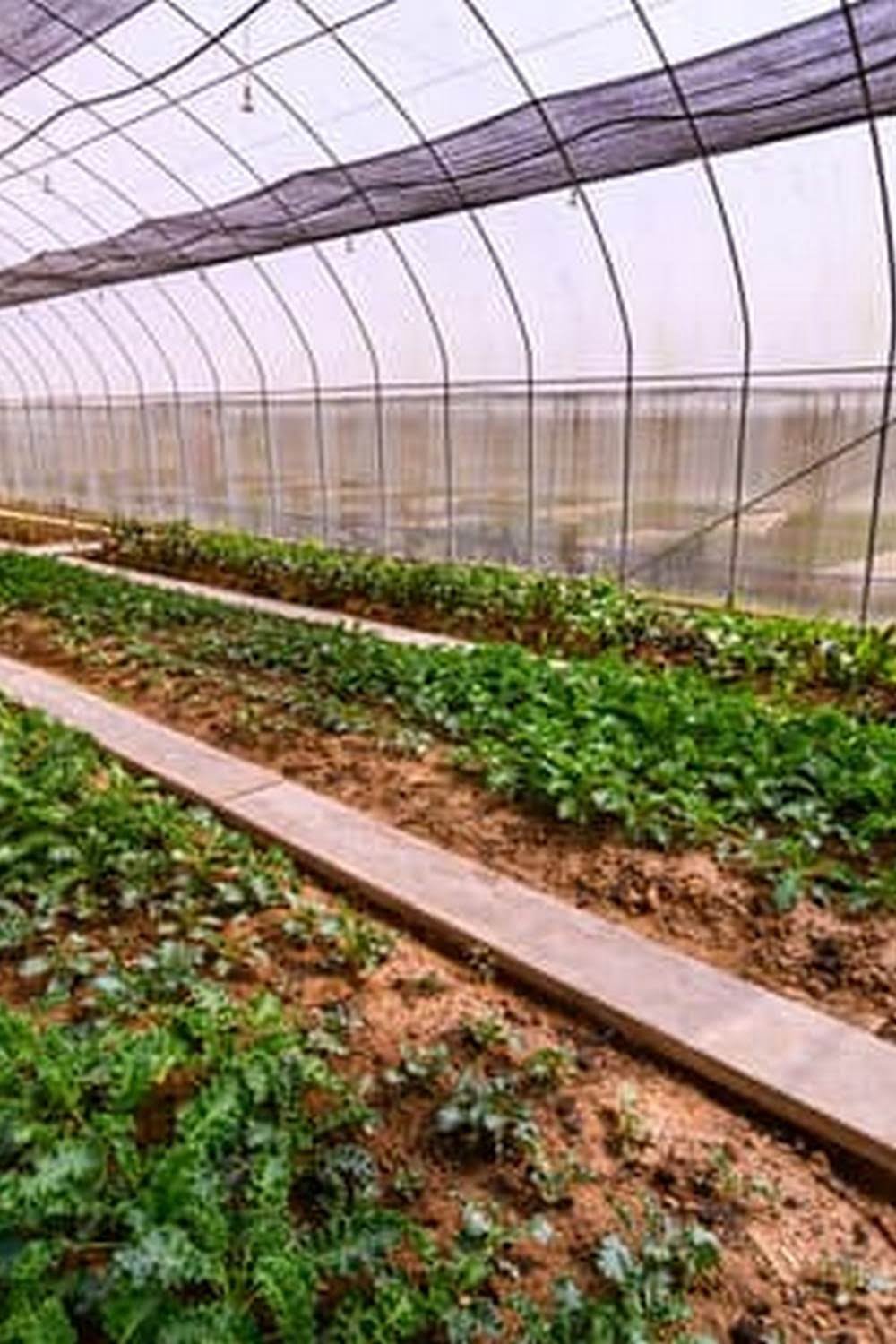Proper watering is crucial for the health and growth of vegetable gardens. Factors such as soil type, climate, and types of vegetables all impact the watering schedule. In this article, we will explore the best practices for watering vegetable gardens, including the ideal time of day to water, signs of dehydration in plants, and adjusting watering schedules for different growth stages.
Maintaining a consistent watering schedule is essential for vegetable gardens to thrive. Soil type and consistency play a significant role in determining how often and how much to water the plants. Additionally, climate and weather conditions can affect the moisture levels in the soil. Understanding these factors will help gardeners make informed decisions about when and how to water their vegetable gardens.
Different types of vegetables also have varying water needs. Some may require more frequent watering than others, depending on their growth stage and environmental conditions. By considering these factors, gardeners can develop an effective watering schedule that meets the specific needs of their vegetable plants.
Factors That Impact Watering Schedules
Soil Type and Consistency
The type of soil in your vegetable garden can have a significant impact on how often and when you should water your plants. Sandy soil, for example, drains quickly and may require more frequent watering, while clay soil holds water better and may need less frequent irrigation. It’s important to understand the composition of your soil to create an effective watering schedule.
Climate and Weather Conditions
The climate and weather in your region also play a crucial role in determining the best time to water vegetable gardens. Hot and dry climates will necessitate more frequent watering, especially during the peak of summer. In contrast, cooler and more humid climates may require less frequent irrigation. Additionally, unexpected factors such as sudden heatwaves or heavy rainfall can also influence your watering schedule.
Types of Vegetables and Their Water Needs
Different vegetables have different water requirements based on their species and stage of growth. Leafy greens like lettuce and spinach typically need more frequent watering due to their high moisture content, while root vegetables like carrots or beets may require less frequent irrigation. Understanding the specific water needs of the vegetables in your garden is essential for creating a tailored watering schedule.
Considering these important factors when determining the best time to water vegetable gardens will help ensure that your plants receive the proper amount of hydration for optimal growth and productivity.
Best Time of Day to Water Vegetables
When it comes to watering vegetable gardens, one of the most important factors to consider is the timing of watering. The best time of day to water vegetables can have a significant impact on plant health and overall yield. By understanding the different times of day for watering and their effects on plants, gardeners can ensure that their vegetables receive the proper hydration they need to thrive.
Early Morning
One of the best times to water vegetable gardens is in the early morning. This allows plants to absorb moisture before the heat of the day sets in. Watering in the early morning also helps prevent evaporation, as temperatures are lower during this time. Additionally, wet foliage has a chance to dry throughout the day, reducing the risk of fungal diseases.
Late Afternoon
Late afternoon is another suitable time for watering vegetable gardens. As temperatures begin to cool down and the sun isn’t as intense, plants have an opportunity to take in moisture without immediately losing it to evaporation. However, it’s essential to avoid watering too late into the evening, as damp foliage overnight can lead to issues such as mildew or mold.
Avoiding Watering at Night
While some gardeners may be tempted to water their vegetable gardens at night for convenience, it’s generally not recommended. Watering at night can lead to prolonged periods of dampness on plant leaves, creating an environment conducive to disease development. It’s best to allow foliage to dry out before nighttime sets in.
By understanding the best times for watering vegetables, gardeners can ensure that their plants receive adequate hydration while minimizing potential risks associated with improper watering practices.
Signs of Dehydration in Vegetable Plants
When it comes to maintaining a healthy vegetable garden, it is crucial to water your plants at the right time. Failure to do so can result in dehydration, which can have detrimental effects on the overall health and productivity of your vegetables. There are several signs that indicate when vegetable plants are dehydrated, which serve as important indicators for when it’s time to water them.
Signs of Dehydration in Vegetable Plants
- Wilting leaves: When your vegetable plants start to wilt and droop, it is a clear sign that they need water. This is especially common during hot weather or periods of drought.
- Dry, cracked soil: Inspect the soil around your plants regularly. If you notice that the soil is dry and cracked, it means that it lacks moisture and needs to be watered.
- Slow growth: Dehydrated vegetable plants may exhibit slow or stunted growth. If you notice that your plants are not growing as they should, inadequate watering could be the cause.
It’s important to be vigilant for these signs of dehydration in your vegetable garden and take action promptly by providing the necessary hydration. By being aware of these indicators, you can ensure that your vegetable plants remain healthy and productive throughout the growing season. Paying attention to these signs will help answer the question “when is the best time to water vegetable gardens” and allow you to adjust your watering schedule accordingly.
How Often Should You Water Vegetables?
Determining how often to water your vegetable garden is crucial for the health and productivity of your plants. The frequency of watering will depend on various factors, including soil type, climate, and the specific needs of the vegetables you are growing. So, when is the best time to water vegetable gardens?
One important factor to consider when deciding how often to water vegetables is the type and consistency of the soil. Sandy soil tends to drain faster and may require more frequent watering, while clay soil retains moisture better and may need less frequent watering. Additionally, the climate and weather conditions in your area will play a significant role in determining your watering schedule. Hotter and drier climates will likely require more frequent watering than cooler and more humid environments.
When it comes to the best time of day to water vegetables, early morning is generally recommended as it allows plants to absorb water before the heat of the day evaporates it. Late afternoon can also be a suitable time for watering, but it’s important to avoid wetting the foliage too close to nightfall to prevent potential disease issues.
Observing signs of dehydration in vegetable plants such as wilting leaves, dry or cracked soil, or slow growth can also help you adjust your watering frequency accordingly. By paying attention to these factors, you can develop an effective watering schedule that meets the specific needs of your vegetable garden throughout the growing season.
How to Water Vegetable Gardens Effectively
Watering your vegetable garden effectively is essential for the health and growth of your plants. Different vegetables have varying water needs, and understanding how to water them properly can make a significant difference in your garden’s overall success.
Here are some tips for watering vegetable gardens effectively:
- Watering techniques for different types of vegetables: Some vegetables, such as tomatoes and peppers, benefit from deep, infrequent watering, while leafy greens like lettuce and spinach prefer more frequent but lighter watering. Be sure to research the specific water needs of each vegetable in your garden.
- Using the right watering tools: The use of appropriate watering tools can help ensure that your vegetables receive water efficiently. Consider using a soaker hose or a drip irrigation system to deliver water directly to the roots of the plants, minimizing waste through evaporation.
- Consistent and even application: When watering your vegetable garden, aim for consistent and even application across all plants. Uneven watering can lead to some plants receiving too much or too little water, impacting their growth and health.
By following these guidelines and keeping an eye on your individual plants’ needs, you can develop an effective watering routine that promotes healthy growth in your vegetable garden. Remember that understanding when is the best time to water vegetable gardens can be just as important as knowing how to do it correctly.
Adjusting Watering Schedules for Different Growth Stages
When it comes to maintaining a flourishing vegetable garden, it is crucial to adjust watering schedules according to the different growth stages of the plants. Water is essential for the overall health and productivity of vegetables, and providing the right amount at the right time can make a significant difference in their development. Understanding when and how much to water during each growth stage is key to promoting strong, healthy plants that produce high-quality yields.
During the seedling stage, it is important to keep the soil consistently moist but not waterlogged. This is a critical period for young plants as they establish their root systems. An effective way to ensure adequate moisture during this stage is by using a fine mist or gentle spray when watering. This helps prevent soil erosion and allows for even distribution of water around delicate seedlings.
As vegetable plants enter the vegetative growth stage, their demand for water increases due to active leaf and stem development. At this point, deep watering is beneficial as it encourages root growth into the soil in search of moisture. Providing enough water during this phase will contribute to robust foliage and overall plant structure.
Once vegetable plants reach the fruiting and flowering stage, they require consistent hydration to support fruit production. Inadequate water supply during this critical period may lead to blossom-end rot in certain vegetables like tomatoes and peppers. It is essential to maintain a regular watering schedule at this stage, ensuring that the plants receive sufficient moisture without being overwatered.
| Growth Stage | Watering Recommendations |
|---|---|
| Seedling | Keep soil consistently moist with gentle mist or spray |
| Vegetative | Deep watering to encourage root growth |
| Fruiting and Flowering | Maintain regular watering schedule for consistent hydration |
Efficient Watering Practices for Vegetable Gardens
When it comes to watering vegetable gardens, it is important to establish efficient practices in order to ensure that plants are getting the right amount of water at the optimal time. By doing so, gardeners can promote healthy and thriving growth while also conserving water resources. One of the key considerations for efficient watering is determining the best time of day to water vegetables.
Many experts recommend watering vegetable gardens early in the morning. This allows the plants to take up the moisture they need before the heat of the day kicks in, reducing the risk of evaporation. It also helps to prevent disease by allowing foliage to dry quickly.
Late afternoon is another suitable time for watering, as it gives plants a chance to hydrate before temperatures drop at night. However, it’s important to avoid watering at night whenever possible, as this can lead to prolonged leaf wetness and increased susceptibility to fungal infections.
In addition to timing, there are other efficient watering practices that can be implemented in vegetable gardens. Using mulch, for example, can help retain soil moisture and reduce the frequency of watering needed. Furthermore, choosing the right watering tools such as drip irrigation or soaker hoses can ensure that water is delivered directly to plant roots without wastage.
| Efficient Watering Practices | Benefits |
|---|---|
| Watering in early morning or late afternoon | Reduces evaporation and promotes quick drying of foliage |
| Using mulch | Retains soil moisture and reduces frequency of watering |
| Choosing drip irrigation or soaker hoses | Distributes water directly to plant roots with minimal wastage |
Conclusion
In conclusion, it is crucial to understand the best time to water vegetable gardens in order to ensure the health and productivity of your plants. Factors such as soil type, climate, and the specific water needs of different vegetables all play a role in determining the most effective watering schedule. By paying attention to these factors, gardeners can optimize their watering practices for successful vegetable cultivation.
The best time of day to water vegetables is either early in the morning or late in the afternoon. Watering during these times helps minimize water loss due to evaporation and allows plants to absorb moisture before the heat of the day sets in.
It is important to avoid watering at night, as wet foliage can make plants more susceptible to disease. Additionally, keeping an eye out for signs of dehydration such as wilting leaves and dry, cracked soil can help determine if plants are receiving adequate water.
Establishing a consistent watering schedule and adjusting it based on the growth stages of your vegetables is essential for maintaining healthy, thriving plants. By following efficient watering practices and employing water conservation techniques such as using mulch to retain moisture, gardeners can ensure that their vegetable gardens flourish throughout the growing season. Ultimately, understanding when is the best time to water vegetable gardens and implementing proper watering techniques will lead to bountiful harvests and a successful gardening experience.
Frequently Asked Questions
Is It Better to Water Vegetables in the Morning or Evening?
It is generally better to water vegetables in the morning rather than in the evening. This allows the plants to absorb the moisture before the heat of the day, reducing the risk of fungal diseases.
Should I Water My Vegetable Garden Every Day?
Whether or not you should water your vegetable garden every day depends on several factors such as the type of soil, climate, and specific watering needs of your plants. Overwatering can lead to root rot, so it’s essential to find a balance.
Should I Water My Garden Every Day in Hot Weather?
In hot weather, it’s important to monitor the soil moisture levels and adjust your watering schedule accordingly. While some plants may need daily watering in extreme heat, others may only require watering every other day to prevent stress and dehydration.

If you’re looking to get into vegetable gardening, or are just looking for some tips on how to make your current garden better, then you’ve come to the right place! My name is Ethel and I have been gardening for years. In this blog, I’m going to share with you some of my best tips on how to create a successful vegetable garden.





